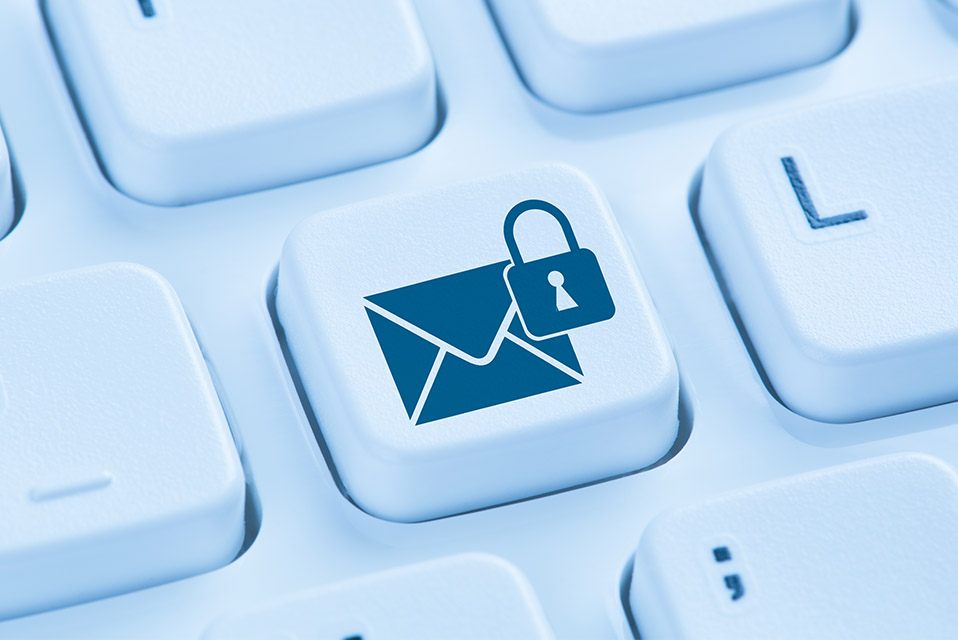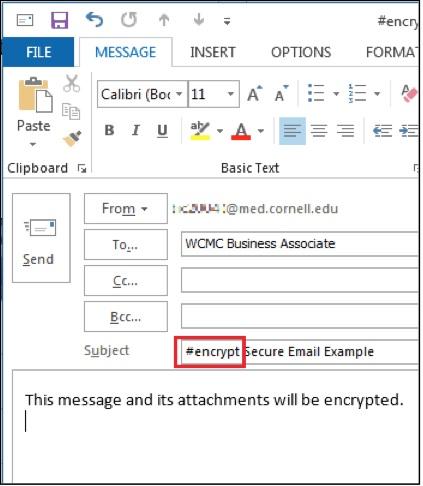

Say, what? ProtonMail has email servers in Switzerland? Google) and would be deleted once ProtonMail erases it.Īll of this sounds a tad bit shady, no? Which brings us to the next question: How does ProtonMail get away with it? The answer is its email servers, which are based in Switzerland. Using that in combination with the timing/self-destruct feature will ensure that the content of the email won't live on any external server (i.e. This password is what the recipient would enter in opening the message, and it should be communicated to the recipient outside of the email since, clearly, they won't be able to open it sans password. It'll ask you to create a password for the message. Just hit the lock icon to the right of the hourglass. There is a way, however, that you can send emails to non-ProtonMail users and still encrypt them. Hit the compose tab in the top left corner, and you'll see a screen like this. Once you're set up, you use it just like you would Gmail or Yahoo. (The site also offers "Visionary" and "Business" pricing options (Opens in a new tab).)


If you upgrade to the Plus plan for (4.00 € or ~ $4.91 per month), you get 5 GB of storage, 1,000 sent messages per day, and a slew of other perks. You only get 500 MB of storage and can only send 150 messages per day. Their free service has some restrictions, though. Go to their website (Opens in a new tab), sign up for an account, and you're in. It's a particularly small note in an otherwise huge story, yet it has major implications.īut how exactly does ProtonMail work? What exactly does self-destructing email mean? Here are all your ProtonMail questions, answered. "So you send them, and after they've been read, two hours later they disappear."

"We set our ProtonMail emails with a self-destruct timer," he continued. "I'd like you to set up a ProtonMail account, please," Nix said, "because these are, now it's getting quite sensitive." The firm set emails to self-delete after two hours and urged clients to use the service as well, per footage captured of former CEO Alexander Nix talking to a journalist posing as a would-be client. Facebook's latest scandal knocked $40 billion off its market valueĬambridge Analytica - the data analytics firm that came under fire this weekend for maliciously collecting information on 50 million Facebook users - reportedly used a self-destructing, encrypted email service called ProtonMail to cover its tracks, covering up correspondence between the company and third parties, according to a Channel 4 News investigation (Opens in a new tab) published Wednesday.


 0 kommentar(er)
0 kommentar(er)
